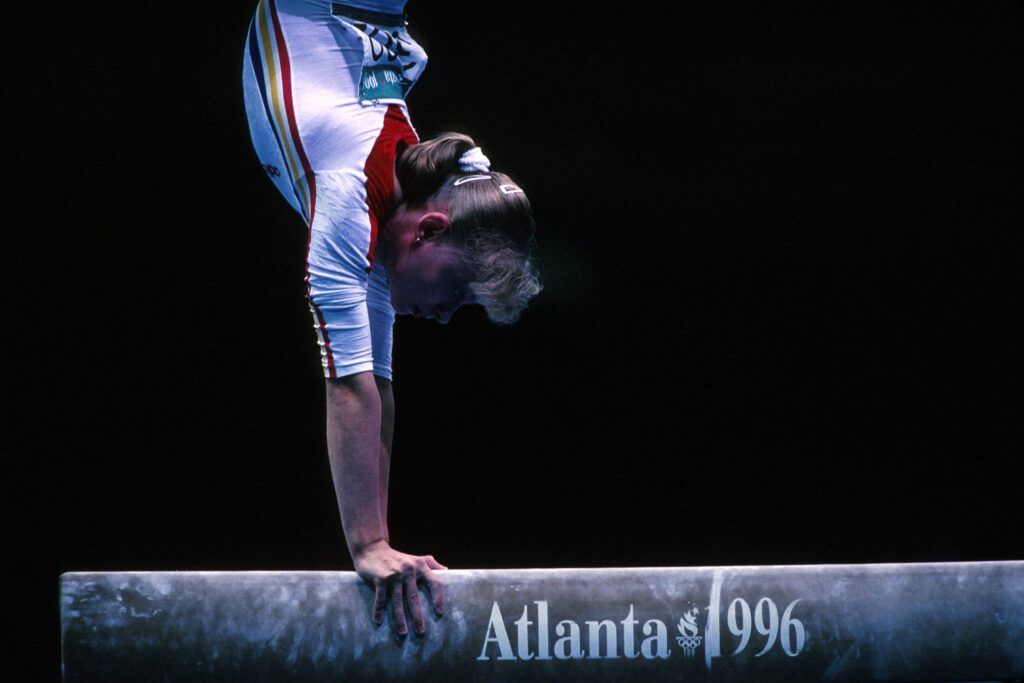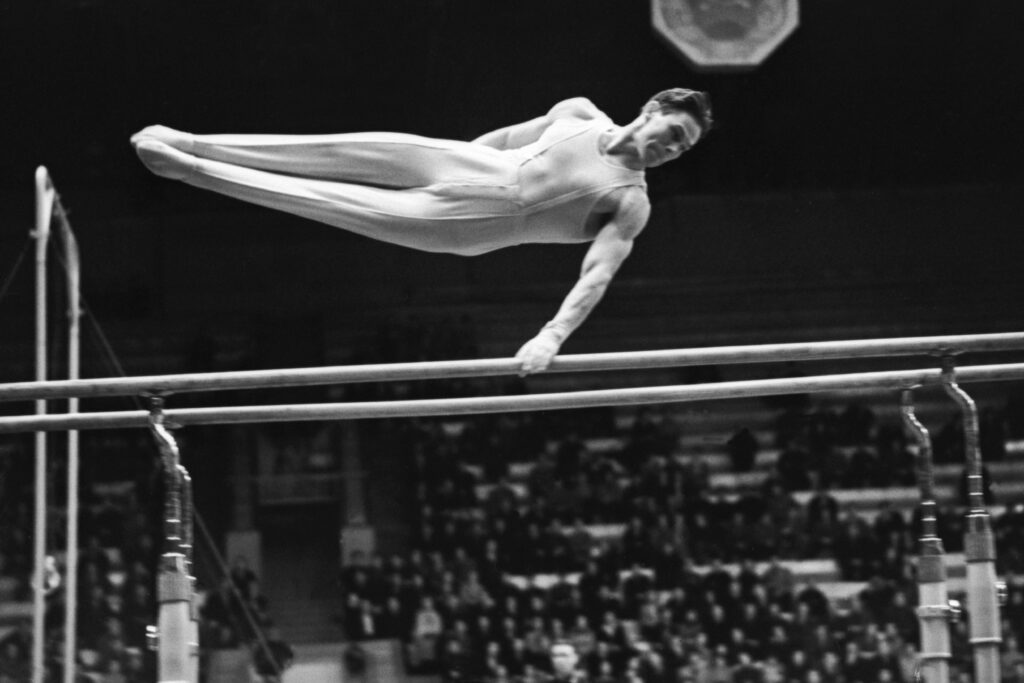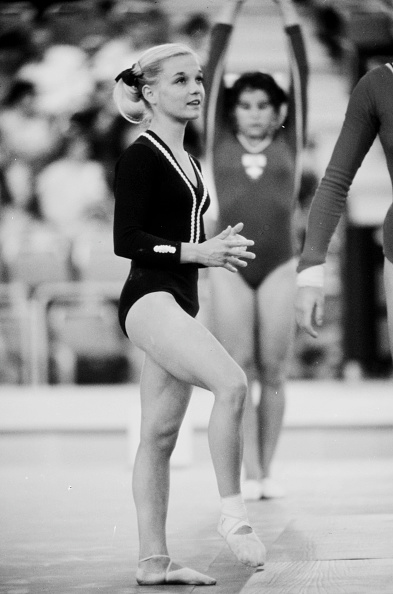In 1994, the International Gymnastics Federation passed what some critics had demanded for years: a minimum age of sixteen for international competition, set to take effect in 1997. The rule promised to protect children from the extreme physical demands of elite gymnastics. But when French journalist Richard Montaignac sat down with Michel Léglise, chairman of FIG’s Medical Commission, he discovered something unsettling. The official charged with safeguarding athletes’ health admitted he didn’t actually care whether national federations falsified their gymnasts’ ages. “I don’t care at all,” Léglise declared. “It makes absolutely no difference to me.”
Léglise’s views didn’t necessarily reflect every FIG official’s position. Surely, some genuinely supported meaningful enforcement. That said, the organization often responded with institutional shrugs when confronted with evidence of age falsification.
Here’s a translation of Léglise’s remarks as they appeared in Sovetsky Sport.



